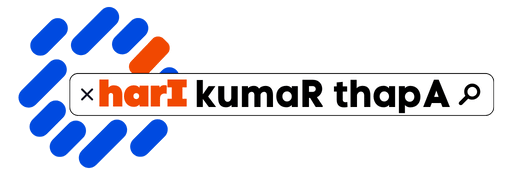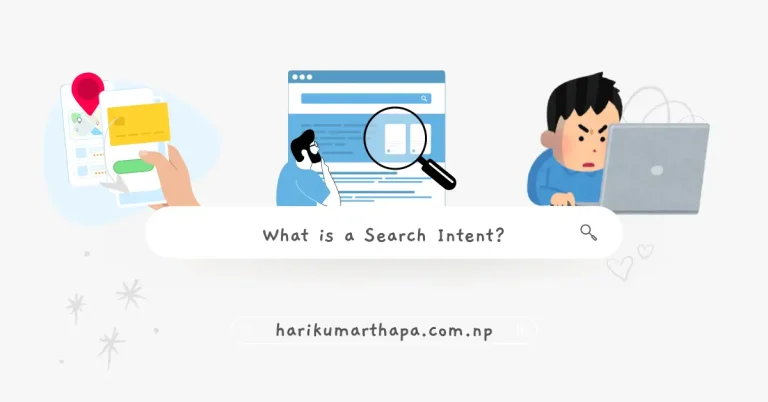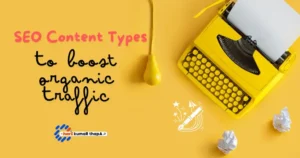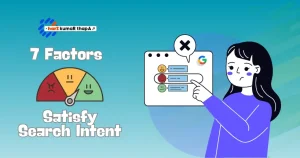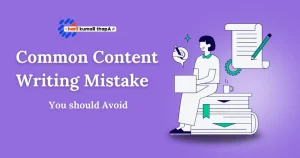Search Intent is the purpose or reason behind a user’s online search query. In simple terms, what is that searcher trying to achieve while searching for a particular keyword?
It could be searching for Information on the “Health benefits of tea” or looking for a website to compare or purchase Tea.
By simply analyzing an intent through keyword research, we know the user’s intent, and we can use this information to our advantage to write content to satisfy user intent.
This article will cover the Importance of Search Intent, Types, and Examples for better understanding.
Importance of Search Intent
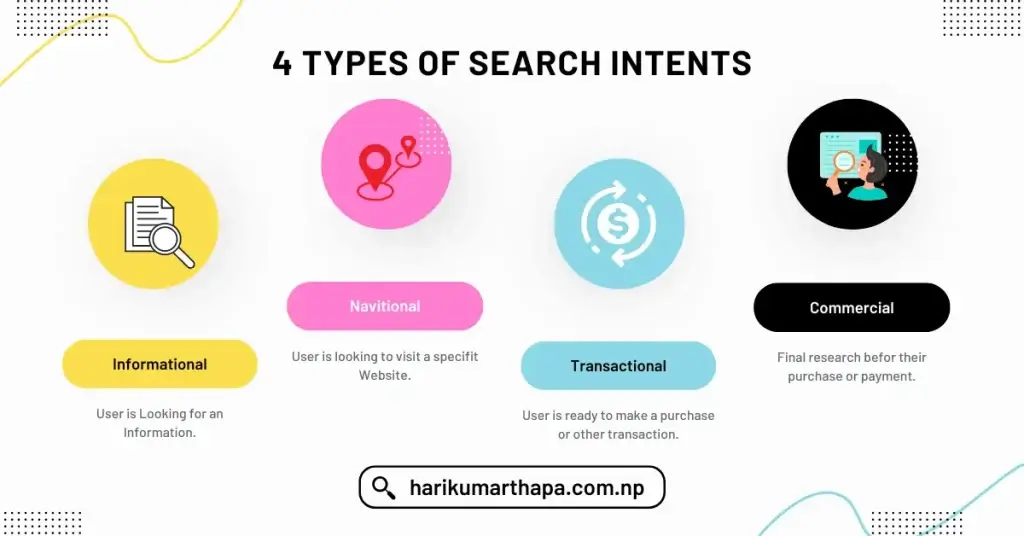
Google, which holds a total Search Engine Market Share of 90.01% worldwide as of September 2024, has always focused on providing relevant and helpful content to searchers, prioritizing websites with better content aligned with search intent.
Search Intent in Search Engine Optimization is important as Google ranking depends on whether you satisfy the user’s search intent for the keyword they are targeting.
Here are a few reasons why Search Intents are Important:
- Create Relevant Content: We can provide better content by understanding users’ needs.
- Higher Ranking Potential: Content that satisfies a user’s intent.
- Lower Bounce Rate: Satisfying the user’s intent will lower the bounce rate, which is one important factor Google considers.
- Increased Traffic and Conversions: Matching User Intent can attract more visitors with better conversion chances than others.
4 Types of Search Intent
Search Intent is categorized into 4, and they are:
- Informational Intent: The user wants to learn or needs information on the product or service. (example: “What is Semrush”)
- Navigational Intent: The user wants a specific webpage. (e.g: “semrush login”)
- Commercial Intent: The user is researching a product. (e.g., “Affordable SEO Tools“)
- Transactional Intent: The user is ready to purchase. (example: “Buy Semrush”)
Informational Search Intent
This is one of the most commonly searched on SERP; information search intent means the user is looking for information on a Product, Service, or other.
Who, what, where, why, and how are commonly used in information intent.
Some examples of keywords with informational intent:
- Who is Leonardo De Caprio
- What is Search Intent?
- How to make tea?
- Where is the best place to learn football
Even though Informational Queries do not convert visitors into customers, here are a few benefits of targeting these keywords:
- Visibility and Traffic: Informational keywords have higher search volume, which is an excellent opportunity to increase visibility and traffic.
- Authority and Trust: Providing valuable information that satisfies the needs of the User will build trust among the user in your Brand.
- Lead: Early buyers roam through this information, capturing them through email, sign-ups, and others.
- Backlink Opportunity: High-quality content with tons of information and data will likely attract backlinks from other websites.
Navigational Search Intent
Navigational intent means users are searching for a specific website on a SERP, and the goal for these searches is to locate and visit a website. The searchers already have clear intent where they want to go.
Some examples:
- Gmail login
- Facebook login
- license form
- NID Pre-Enrollment
Transactional Search Intent
Transactional intent is when a user’s purpose for search is to purchase or make transactions online. Searches have already researched and are clear about what they want to buy.
Some examples of keywords with transactional intent:
- iPhone 13 pro max price
- Buy Canva pro
Users with these keywords are ready to convert, as are our customers.
Commercial Search Intent
For commercial purposes, the user does their final research before purchasing. It is a mixture of Informational and Transactional search intent.
Examples of keywords with commercial intent:
- Semrush vs Ahref
- Affordable laptops for students
- HP vs. Acer laptop
- Best facewash for male
Before you Go
Search Intent is basically knowing the user’s end goal, whether they are simply looking for an answer to a question, visiting a website, trying to make a purchase, or simply comparing different products.
